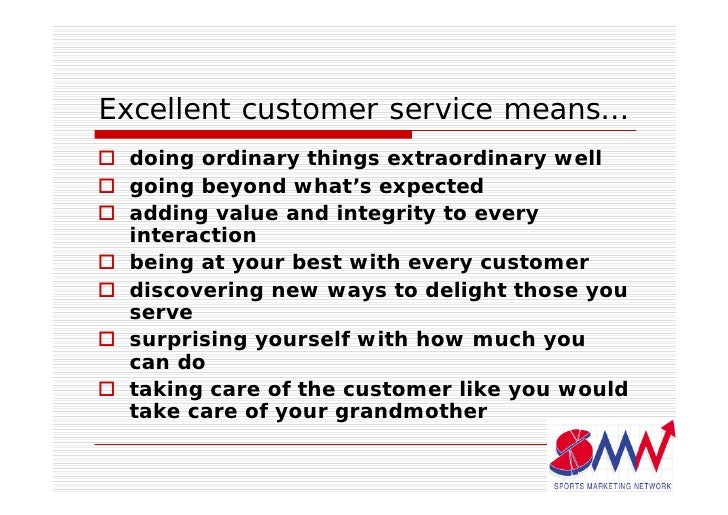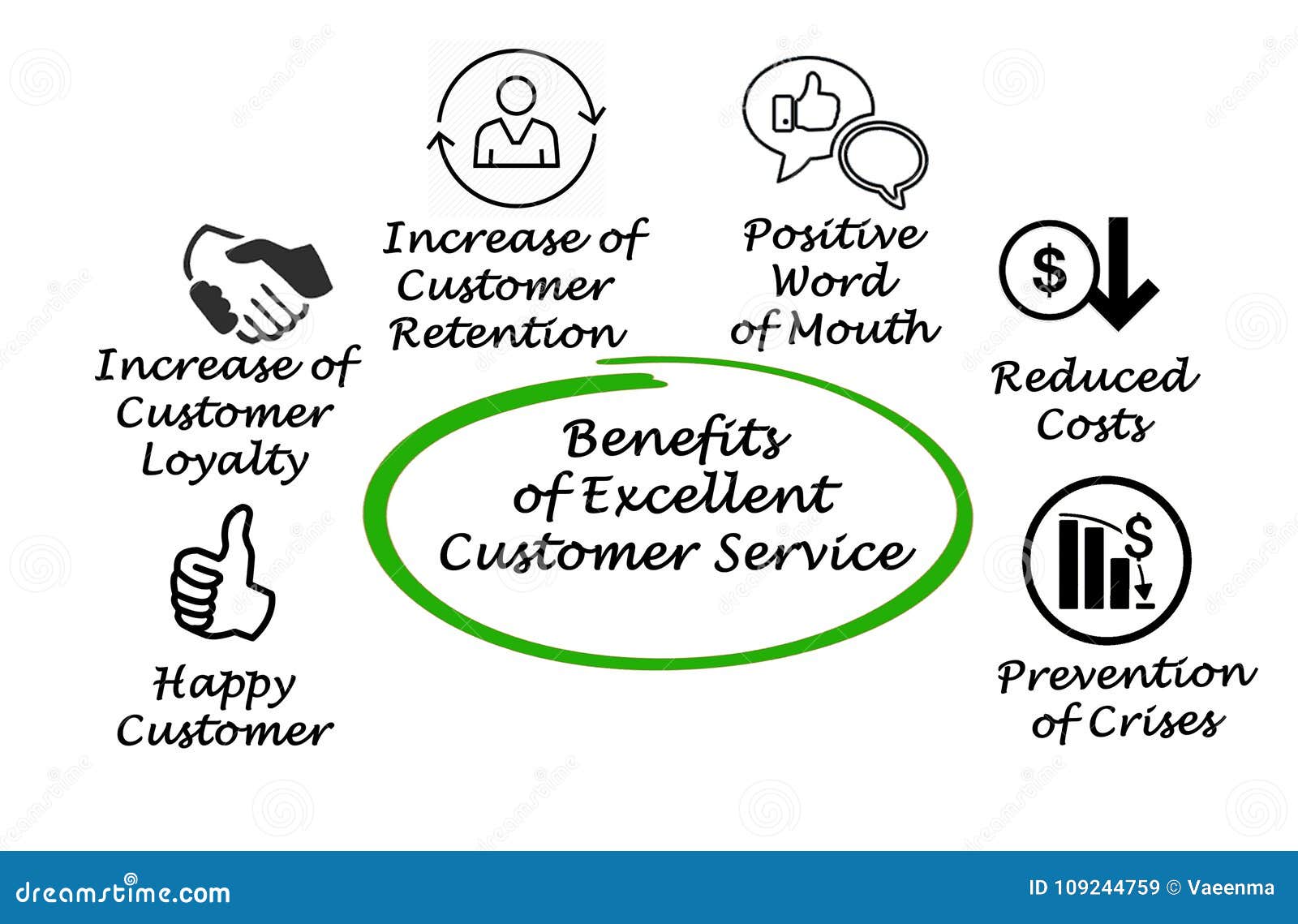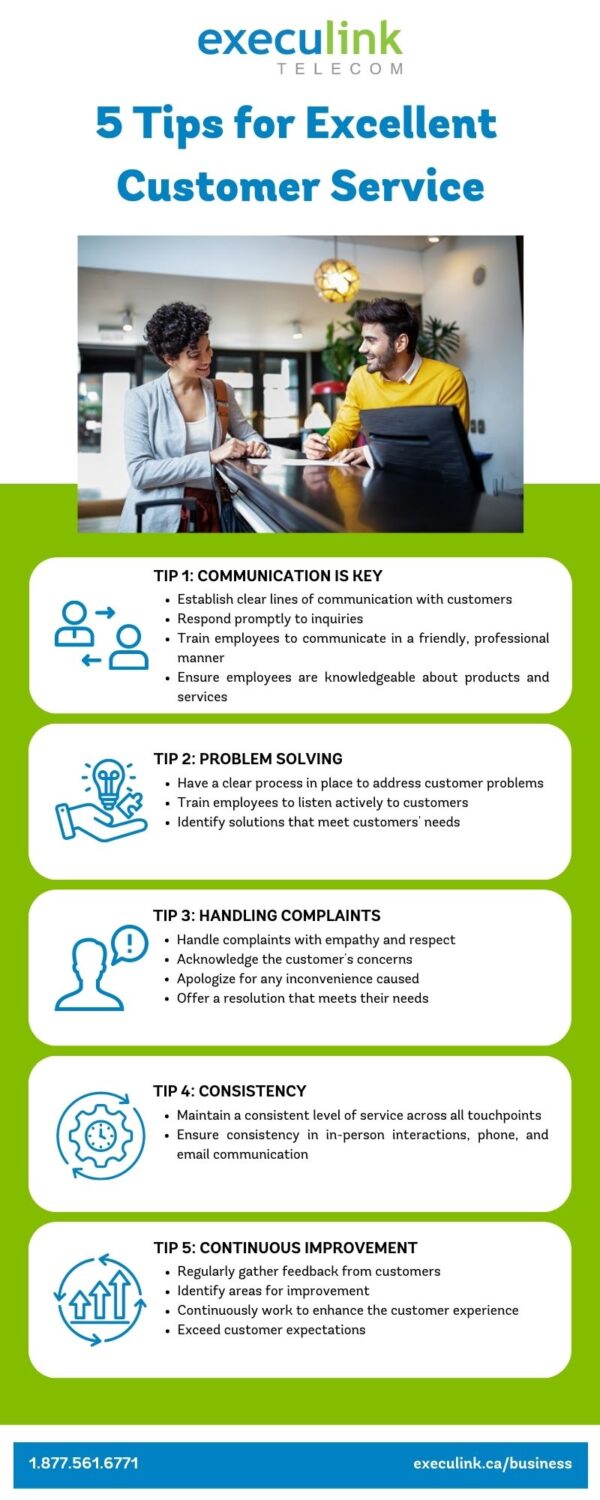How Do You Provide Excellent Customer Service

Imagine walking into your favorite local bakery. The aroma of warm bread fills the air, and the baker greets you by name, remembering your usual order and asking about your day. That personalized touch, the feeling of being truly seen and valued, is the essence of excellent customer service. It’s about more than just transactions; it’s about building relationships.
At its core, excellent customer service is the consistent provision of positive, helpful, and personalized experiences that meet and exceed customer expectations. It's not just about solving problems, but about creating a sense of loyalty and advocacy. This article explores the essential components of providing exceptional customer service, highlighting strategies to cultivate lasting relationships and foster business growth.
Understanding the Customer is Key
The foundation of any strong customer service strategy is deep understanding of your customer base. Knowing their needs, preferences, and pain points allows you to tailor your approach and anticipate their expectations. This requires actively listening and gathering feedback through various channels.
Surveys, social media monitoring, and direct interactions provide valuable insights. Analyzing this data reveals patterns and opportunities for improvement. The 2023 Zendesk Customer Experience Trends Report highlights the importance of understanding customer expectations, noting that 60% of customers base their purchasing decisions on the quality of service they expect to receive.
Personalization: More Than Just a Name
Personalization goes beyond simply addressing customers by name. It's about crafting experiences that resonate with their individual needs and preferences. This might involve recommending products based on past purchases, offering tailored solutions to specific problems, or remembering their preferences for future interactions.
For example, an online retailer might use browsing history to suggest relevant products. A software company might offer personalized onboarding sessions based on the user's role and technical expertise. These small touches demonstrate that you value the customer as an individual, not just a transaction.
The Power of Empathetic Communication
Effective communication is essential for providing excellent customer service. However, it's not just about what you say, but how you say it. Empathetic communication involves understanding and acknowledging the customer's emotions, even when they are frustrated or upset.
Using phrases like "I understand how frustrating that must be" or "I appreciate you bringing this to our attention" can de-escalate tense situations and build rapport. Training customer service representatives to actively listen and respond with empathy can significantly improve customer satisfaction.
Resolving Issues Effectively and Efficiently
Inevitably, problems will arise. How you handle those problems determines the customer's overall experience. Prompt and effective resolution is crucial for maintaining customer loyalty.
Equipping customer service teams with the resources and authority to resolve issues independently can significantly reduce resolution times. Clear communication about the steps being taken and realistic expectations for resolution are also essential. Transparency builds trust and shows customers that you are committed to finding a solution.
Building a Customer-Centric Culture
Excellent customer service isn't just the responsibility of the customer service department; it's a company-wide commitment. Fostering a customer-centric culture requires embedding customer service values into every aspect of the organization, from product development to marketing and sales.
This involves empowering employees to prioritize customer needs and rewarding them for providing exceptional service. Regularly seeking feedback from employees and customers ensures that the company remains aligned with their evolving expectations. A study by Forrester Research found that companies with a strong customer-centric culture are more likely to achieve higher revenue growth and profitability.
Leveraging Technology to Enhance Service
Technology plays a crucial role in modern customer service. Chatbots, AI-powered support systems, and CRM platforms can streamline processes, improve efficiency, and personalize interactions. However, it's important to use technology strategically, ensuring that it enhances the human element of customer service, not replaces it.
For example, chatbots can handle routine inquiries, freeing up human agents to focus on more complex issues. CRM platforms provide agents with a comprehensive view of the customer's history, allowing them to provide more personalized and informed support. Always remember that technology should serve as a tool to empower your team to provide better service, not as a substitute for genuine human interaction.
The Ripple Effect of Great Service
Excellent customer service is more than just a cost of doing business; it's an investment in the future. Satisfied customers are more likely to become repeat customers, recommend your business to others, and remain loyal even in the face of competition.
In today's interconnected world, word-of-mouth marketing is more powerful than ever. A single positive experience can generate significant buzz, while a negative experience can quickly spread through social media. By prioritizing customer service, you can create a positive ripple effect that benefits your entire organization. In conclusion, providing excellent customer service is a continuous journey of learning, adapting, and striving to exceed expectations. It's about building relationships, fostering loyalty, and creating a culture where every customer feels valued and appreciated. When you put the customer first, success will inevitably follow.
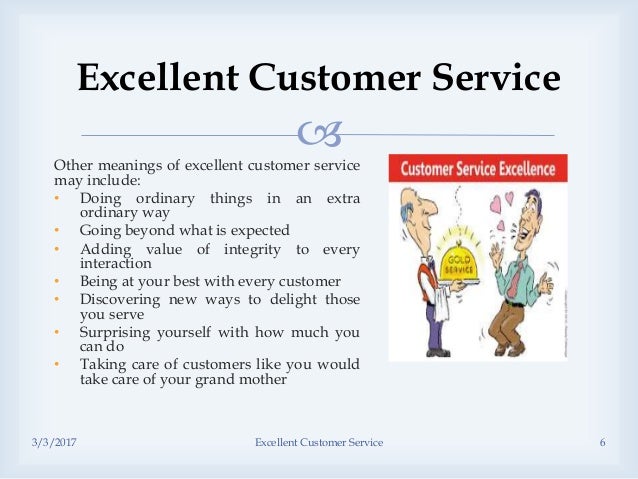


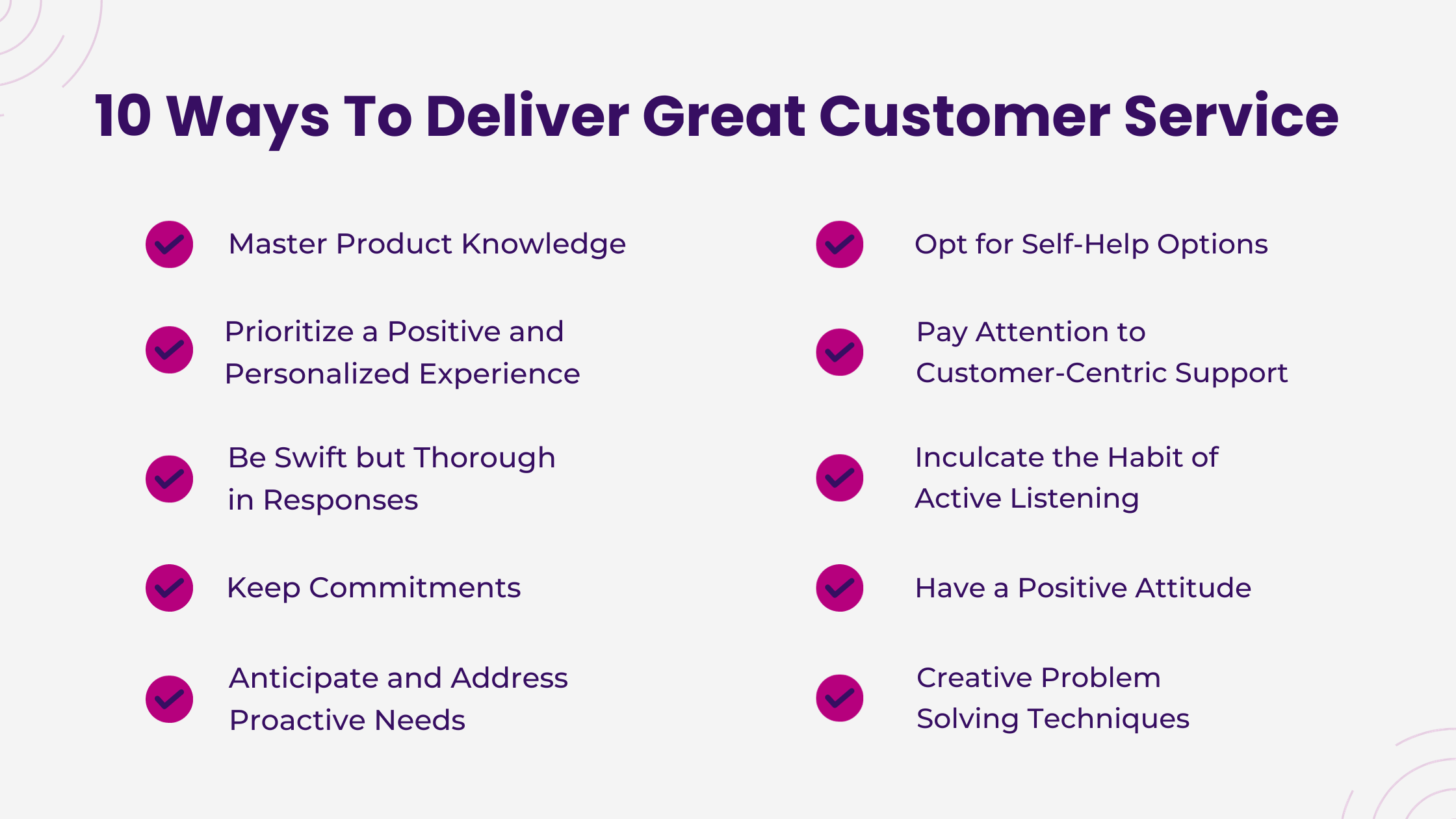



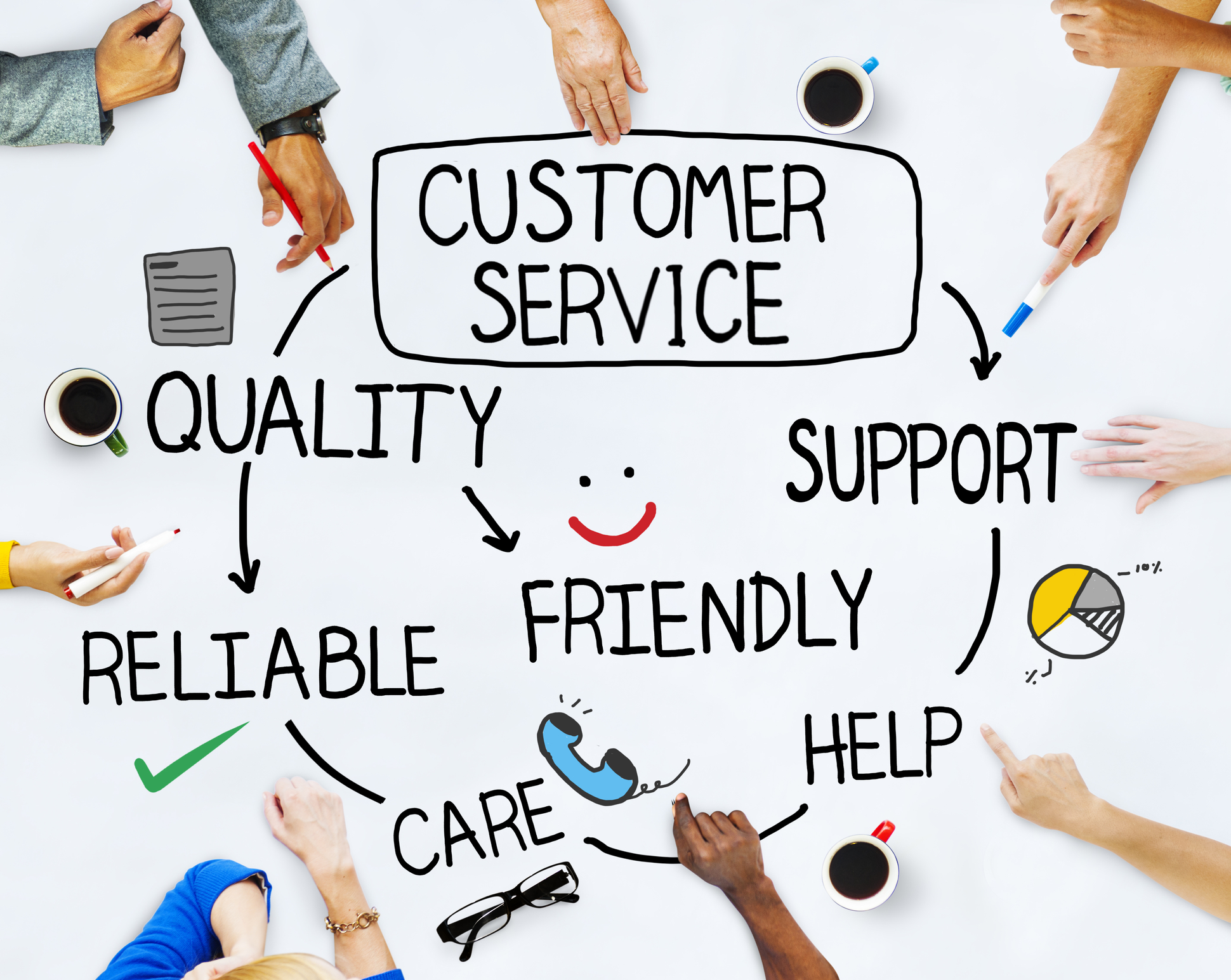

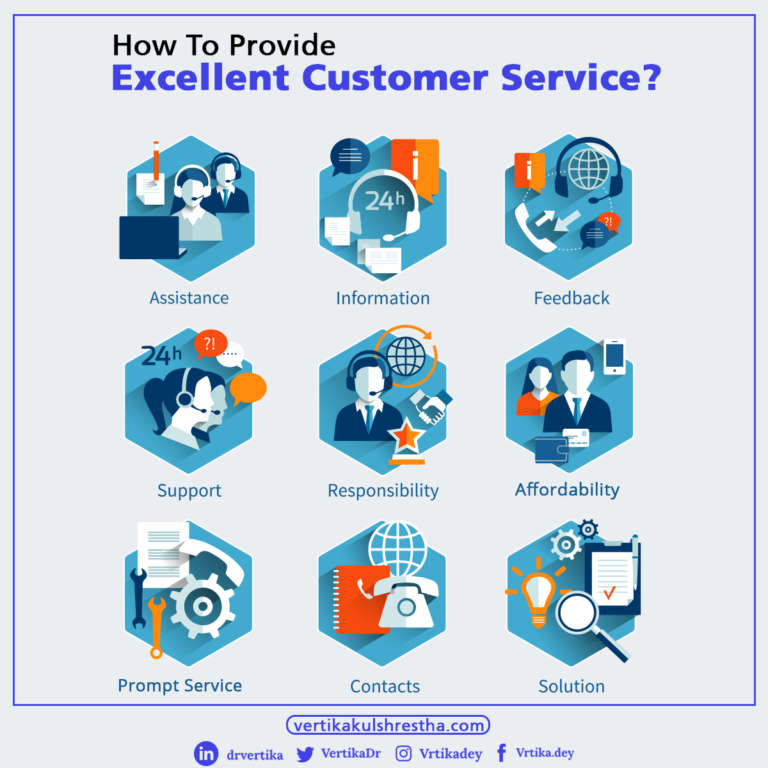

![How Do You Provide Excellent Customer Service How to Provide Excellent Customer Service - [TIPS] SmallBusinessify.com](https://i.pinimg.com/originals/28/8c/40/288c40017797f2a629f67d81549ec69e.jpg)
